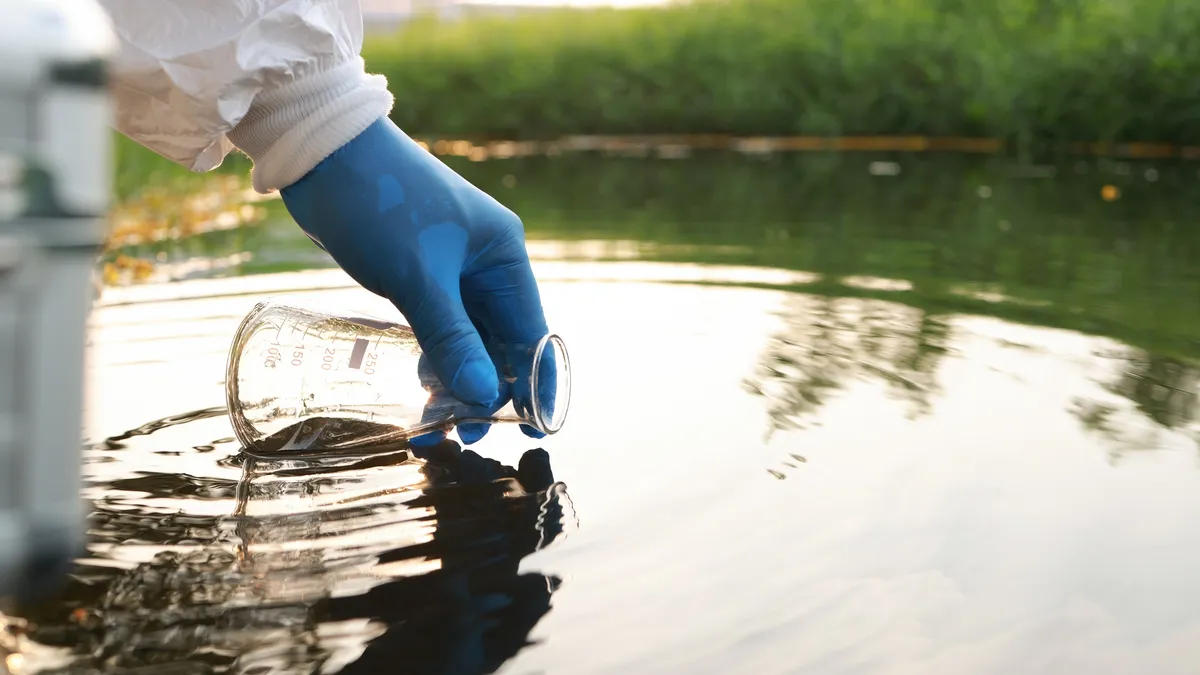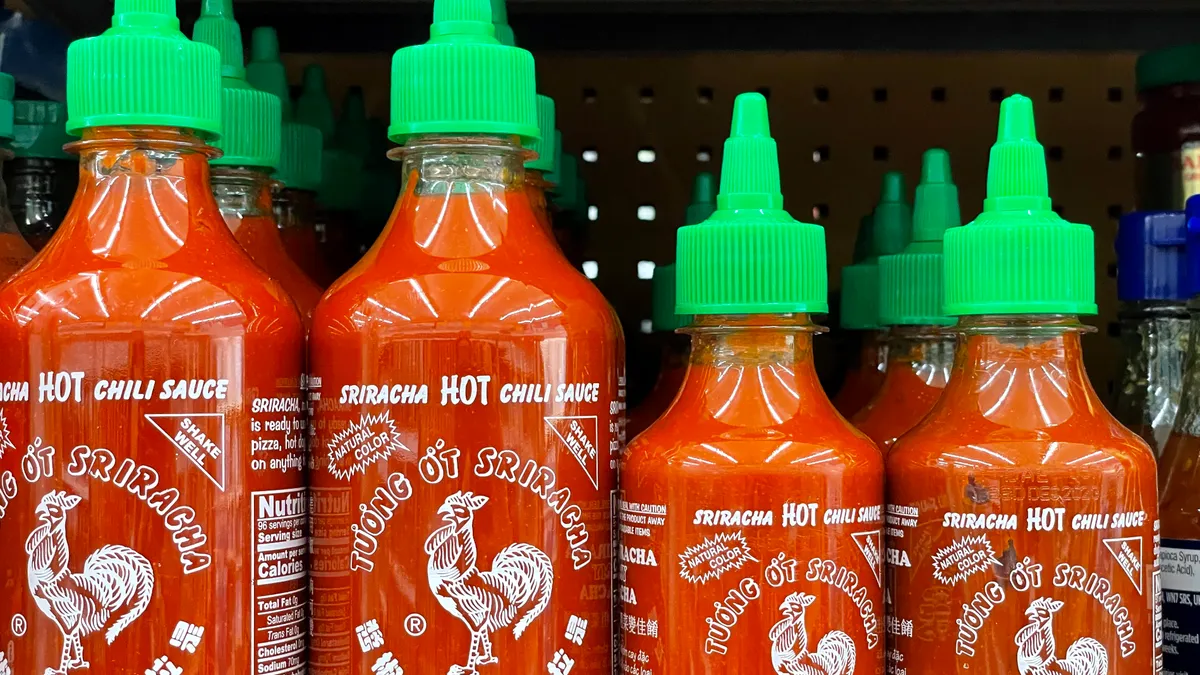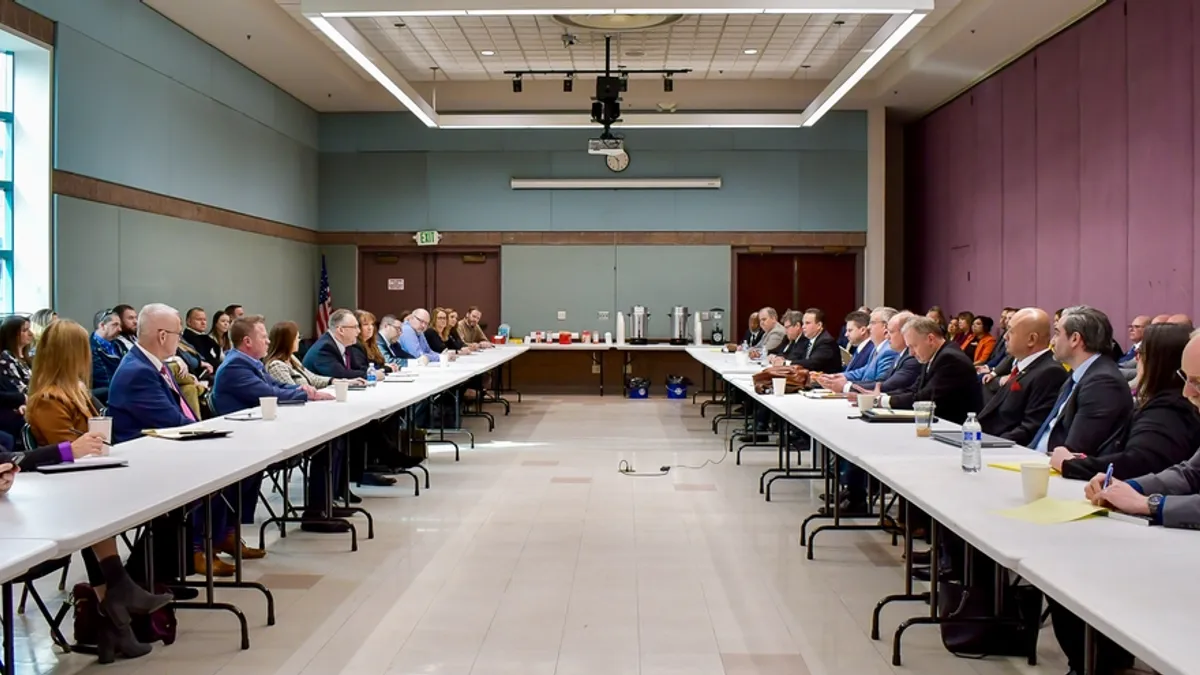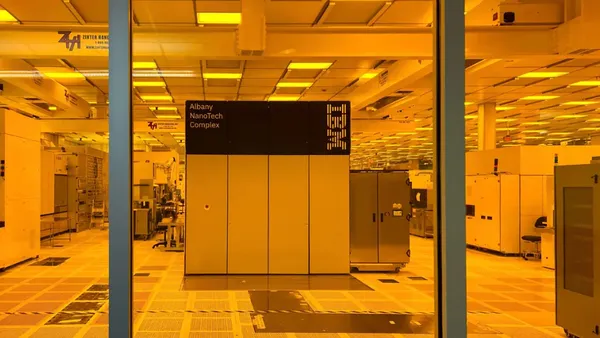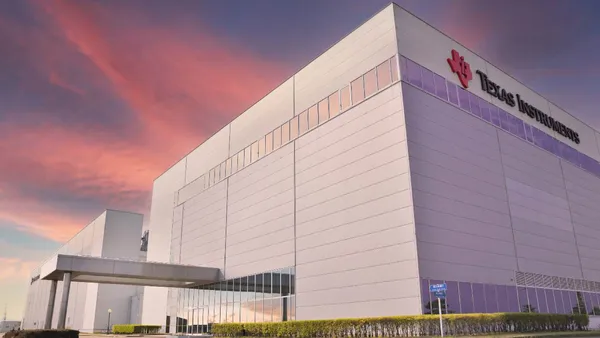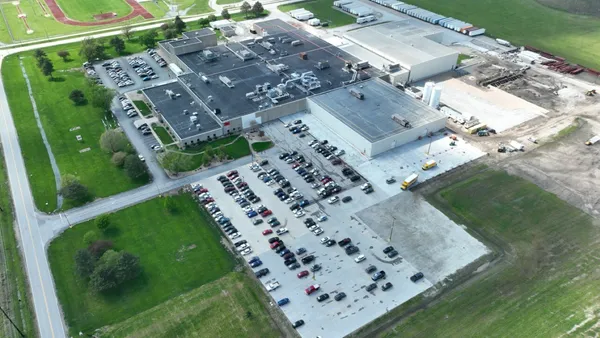Twenty-two attorneys general across the U.S. filed a motion Wednesday opposing 3M’s proposed $10.3 billion settlement over allegations it contaminated public water supplies with PFAS.
The jurisdictions, referred to as sovereigns in the motion, include: Arizona, California, Colorado, Connecticut, Hawaii, Maine, Maryland, Massachusetts, Minnesota, New Hampshire, New Jersey, New Mexico, New York, Ohio, Pennsylvania, Rhode Island, Tennessee, Texas, Vermont, Wisconsin, the District of Columbia, the Commonwealths of the Northern Mariana Islands and Puerto Rico.
3M’s proposed settlement, which would be paid over 13 years, would cover public water suppliers that contain any level of “forever chemicals” in their systems, as well as suppliers that may find PFAS in their systems in the future. It would also provide public water suppliers across the U.S. with funding for PFAS testing in systems.
As part of the settlement, 3M would be relieved from some PFAS-related water contamination claims, including claims for damages, loss or injury.
The states and U.S. territories said in their motion they didn’t have the opportunity to participate in the class settlement approval process and had only three weeks to review the settlement and decide on how it may impact their rights.
As a result of the limited time, the attorneys general concluded the settlement contains “severe flaws” that could impose the costs of PFAS remediations and treatment maintenance back onto the public.
The states and territories also argue that under the agreement, water providers would need to either proactively opt out of the settlement or be bound by its terms, even if they have not yet tested for PFAS or sued 3M. For water suppliers that opt out, they would be made to do so often without yet knowing the extent of PFAS contamination in their systems and the cost of remediating it, or how much money they could possibly receive from the settlement.
“Judicial scrutiny is especially important because this is a uniquely consequential settlement that would directly affect the rights of thousands of water suppliers across the United States—and indirectly affect the Sovereigns and all taxpayers—impacting the drinking water supplies of thousands if not millions of citizens, with profound effects on public health and the environment,” the attorneys general write in the motion.
The states specifically highlight their concern that the settlement shifts financial liability from 3M to water suppliers. They argued, for example, if a cancer cluster emerged in a community contaminated by 3M’s PFAS chemicals and victims sued, the company could seek compensation from the community’s water supplier for the amount owed to the victims. 3M could do so even if the amount owed to victims were more than a water supplier won in the $10.3 billion settlement.
“As such, the proposed settlement is worth far less than the advertised $10.5 billion to $12.5 billion,” according to a press release from the Washington, D.C. Office of the Attorney General.
The motion was released one day after 3M executives told investors on an earnings call that addressing ongoing PFAS litigation was one of its top priorities. 3M EVP and Chief Legal Affairs Officer Kevin Rhodes called the company’s settlement proposal a “proactive approach.”
Rhodes added that the company remains prepared to defend itself in litigation should the settlement not receive court approval, or if the pubic water systems decide to litigate instead.
“It is not unusual for there to be objections regarding significant settlement agreements,” a 3M spokesperson said in an email to Manufacturing Dive. “We will continue to work cooperatively to address questions about the terms of the resolution.”



